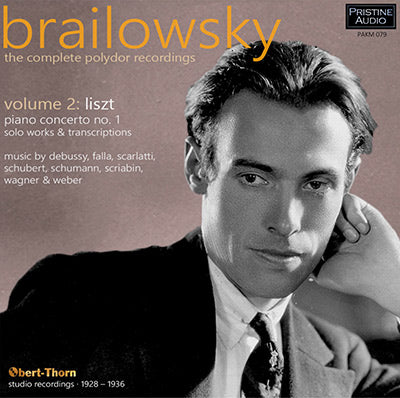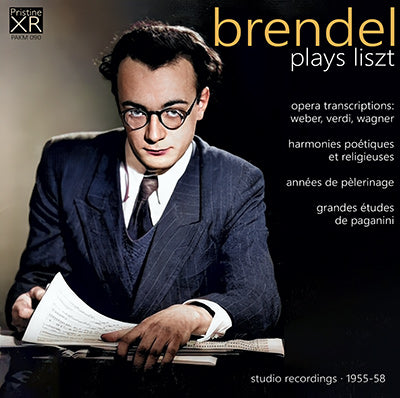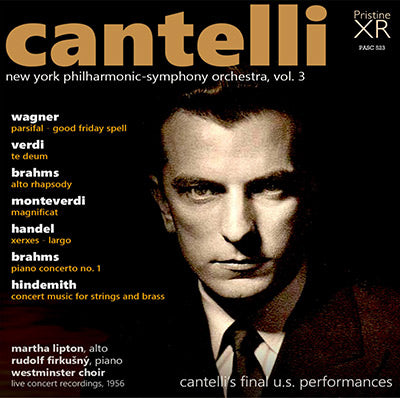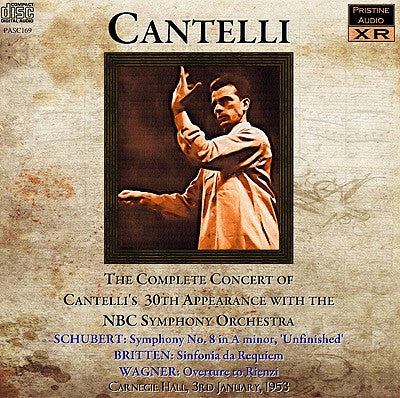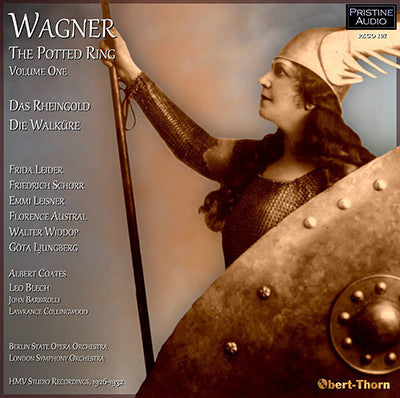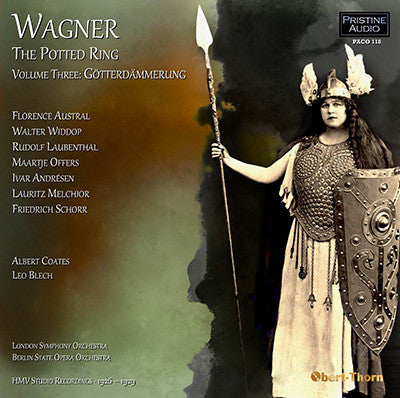Wagner
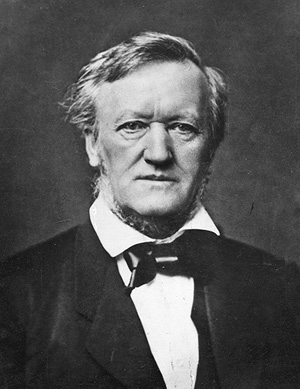
His compositions, particularly those of his later period, are notable for their complex textures, rich harmonies and orchestration, and the elaborate use of leitmotifs—musical phrases associated with individual characters, places, ideas, or plot elements. His advances in musical language, such as extreme chromaticism and quickly shifting tonal centres, greatly influenced the development of classical music. His Tristan und Isolde is sometimes described as marking the start of modern music.
Wagner had his own opera house built, the Bayreuth Festspielhaus, which embodied many novel design features. The Ring and Parsifal were premiered here and his most important stage works continue to be performed at the annual Bayreuth Festival, run by his descendants. His thoughts on the relative contributions of music and drama in opera were to change again, and he reintroduced some traditional forms into his last few stage works, including Die Meistersinger von Nürnberg (The Mastersingers of Nuremberg).
Until his final years, Wagner's life was characterised by political exile, turbulent love affairs, poverty and repeated flight from his creditors. His controversial writings on music, drama and politics have attracted extensive comment, notably, since the late 20th century, where they express antisemitic sentiments. The effect of his ideas can be traced in many of the arts throughout the 20th century; his influence spread beyond composition into conducting, philosophy, literature, the visual arts and theatre.

Wagner
LISZT Piano Concerto No. 1
Solo works and transcriptions of music by Debussy, Falla, Liszt, Mendelssohn, Scarlatti, Schubert, Schumann, Scriabin, Wagner, Weber
Studio recordings, 1928-1936
Total duration: 1hr 58:16
Alexander Brailowsky, piano
Berlin Philharmonic Orchestra
conducted by Julius Prüwer
LISZT Harmonies poétiques et religieuses
LISZT Années de pèlerinage
LISZT Grandes études de Paganini
LISZT Operatic transcriptions
Studio recordings, 1955-58
Total duration: 79:25
Alfred Brendel, piano
WAGNER Parsifal - Good Friday Spell
VERDI Te Deum
BRAHMS Alto Rhapsody
MONTEVERDI Magnificat
HANDEL Xerxes - Largo
BRAHMS Piano Concerto No. 1
HINDEMITH Concert Music For Strings And Brass
Live broadcast concerts, 1956
Total duration: 2hr 15:36
Martha Lipton, alto
Rudolf Firkušný, piano
New York Philharmonic-Symphony Orchestra
Conducted by Guido Cantelli
SCHUBERT Symphony No. 8, 'Unfinished'
BRITTEN Sinfonia da Requiem
WAGNER Rienzi - Overture
Recorded 1953
Total duration: 54:21
NBC Symphony Orchestra
conducted by Guido Cantelli
Das Rheingold
Die Walküre
Studio recordings, 1926-32
Total duration: 2hr 33:07
Florence Austral ∙ Walter Widdop ∙ Göta Ljungberg
Albert Coates ∙ Leo Blech, conductors
WAGNER The Potted Ring - Volume 3: Götterdämmerung, Motives and Extras
Studio recordings, 1926-31
Total duration: 2hr 23:59 and 60:30
Rudolf Laubenthal ∙ Maartje Offers ∙ Ivar Andrésen
Lauritz Melchior ∙ Friedrich Schorr
Götterdämmerung: Albert Coates ∙ Leo Blech
Appendix: Lawrance Collingwood ∙ Leo Blech ∙ Karl Muck

